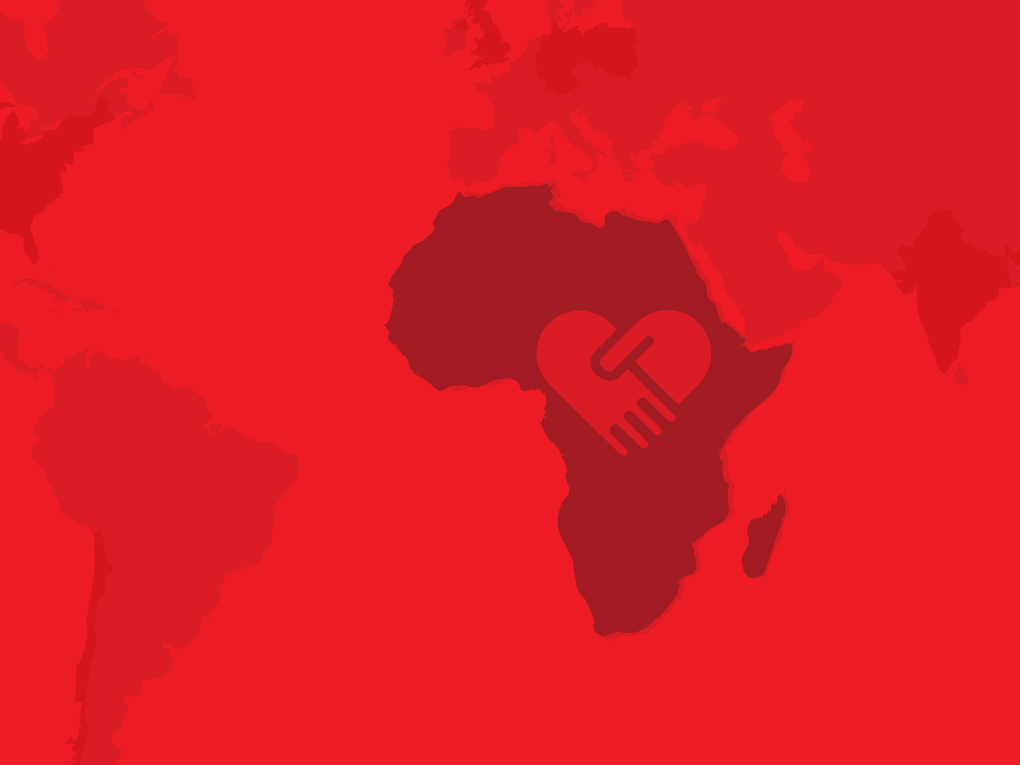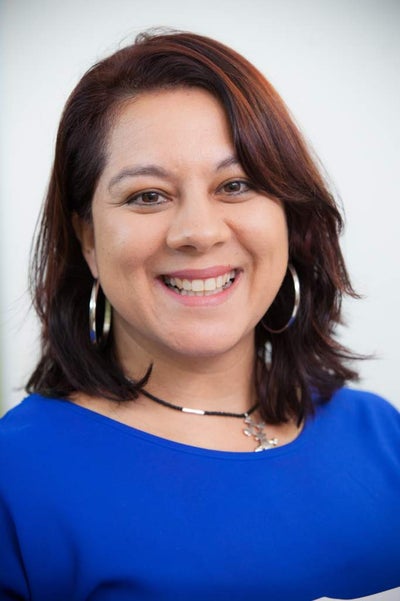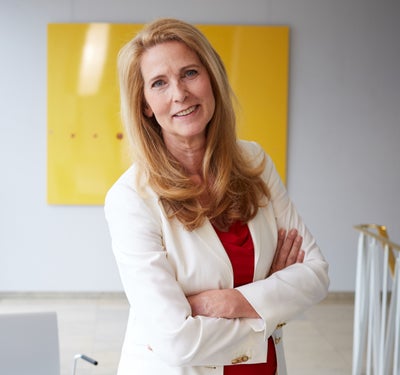
DKMS Africa Launch
Only last year, The Sunflower Fund and DKMS joined forces in a partnership to give as many patients with different types of life-threatening blood disorders as possible a second chance at life. During the past ten months, their collaboration has been so successful that they both decided to extend their commitment into a full membership. On March 25th, 2021 The Sunflower Fund became DKMS Africa and with that a full member of the DKMS Group.
In May 2020, the organizations formed a partnership to register as many potential blood stem cell donors as possible. Growing the diversity of the donor pool by collaborating across borders is key to helping patients, in need of a life-saving blood stem cell transplant, with finding a matching donor quickly – not only in South Africa and other African countries, but also worldwide.

“Our journey together has been absolutely incredible right from the start. The beginning of our partnership coincided with the onset of Covid-19, prompting us to make many operational changes. We are delighted to have risen to the challenges because we recruited overwhelming numbers during this period. In light of the ongoing global pandemic our partnership with DKMS has been a crucial step towards fulfilling our common mission to grow the registry into one that is representative of under-represented ethnicities, and, in particular, those of African descent. We are fully committed to giving as many patients as possible a second chance at life. As a member of the DKMS Group we will whole-heartedly continue to pursue this mission,” says Alana James, Country Executive Director DKMS Africa.
Combining strengths to bring hope
Every 27 seconds worldwide and every five minutes in South Africa someone is diagnosed with blood cancer or other life-threatening blood disorders such as thalassemia or sickle cell disease. For many of these patients, their only hope of cure is a blood stem cell transplant from a matching donor.
Only one third of patients find that match in their own family. The majority therefore depend on an unrelated donor, whose relevant tissue characteristics, so-called HLA-characteristics match those of the patient as closely as possible. Tissue characteristics are heavily influenced by the ethnic background and vary according to genetics and region. “South Africa’s rainbow nation is at a distinct disadvantage, requiring a large pool of prospective donors. As part of an international organization, we will be able to raise more awareness for our cause and register more donors to increase the likelihood of finding a matching unrelated blood stem cell donor for patients. As DKMS Africa, our goal is to recruit a continent-wide ethnically diverse registry of donors committed to helping anyone in need of a life-saving transplant,” adds Alana James.
Increasing the ethnic diversity of the worldwide donor pool

“A donor match could come from anywhere in the world, thus it is important that we expand our international reach. For the second chance at life, we cross borders, collaborate globally and leave no stone unturned to help patients – regardless of their geographic location. Every patient deserves that chance,” says Dr. Elke Neujahr, Global CEO DKMS. With DKMS Africa, the organization is now active in seven countries on five continents. “Only together we can make a big impact in the lives of patients with blood disorders in South Africa and across the globe,” Dr. Elke Neujahr continues.
Currently, more than 10.5 million donors are registered with DKMS worldwide. These people are on stand-by to provide life-saving stem cell transplants to patients in need and every committed donor knows, how important it is to support the fight against blood cancer. “To date, and thanks to our selfless and wonderful donors, we have been able to provide more than 91.000 second chances at life to patients in 57 countries. It is my vision for our organization that we will have 20 million donors registered with us and that we will be active in 20 countries by 2030. That’s my dream,” Dr. Neujahr adds.
Typing according to the latest scientific standards
For many patients, the search for a donor is the beginning of a race against time. The faster a suitable donor is found, the better the chances of survival for patients. “Our advanced typing program ensures that doctors have access to the most important and relevant information to match donors with patients in need of a transplant: A key factor when it comes to winning this race,” says Dr. Elke Neujahr. DKMS is continuously working on new approaches and optimizing existing processes in order to improve the quality of the donor’s findings. DKMS strives to maintain the highest HLA typing standard, staying abreast of the newest scientific findings, in order to provide the most efficient and detailed donor selection process.
A common history
Both organizations were founded from a personal story – of families losing a loved one, who committed to using their experience to champion the cause of blood stem cell donation to help other families that would in the future find themselves in the same position.
The formation of The Sunflower Fund in 1999, was inspired by the heroic struggle against leukemia of two brave young men, Darren Serebro and Chris Corlett. While he was in treatment for Acute Lymphoblastic Leukemia (ALL), Chris Corlett painted a picture, which he titled ‘Sunflowers of Hope’. This was the main inspiration for the name of The Sunflower Fund, by his mom Tina Botha, the founder of the organization.
The DKMS story began 30 years ago, when Mechtild Harf was told that the only treatment for her acute leukemia was a blood stem cell transplant and that she had no matching family members. At the time, there were only 3,000 potential stem cell donors on the German registry to provide a transplant. Mechtild’ s husband and our founder, Dr. Peter Harf, went door-to-door in Germany together with their two daughters. They tried to find a matching donor for Mechtild. Peter founded DKMS in 1991 and within one year, the registry counted 68,000 potential donors. Unfortunately, Mechtild did not survive, but before she passed away, she made Peter promise her that he would not stop fighting until every patient had a matching donor. Since then, Peter and his daughter Katharina Harf, the Vice Chairwoman of our DKMS Foundation Board, have kept that promise.
In different corners of the world, the fate of these people started a movement, a community of people committed to one cause: fighting blood cancer. “We will never stop and will never accept no as an answer;” says Dr. Elke Neujahr.


